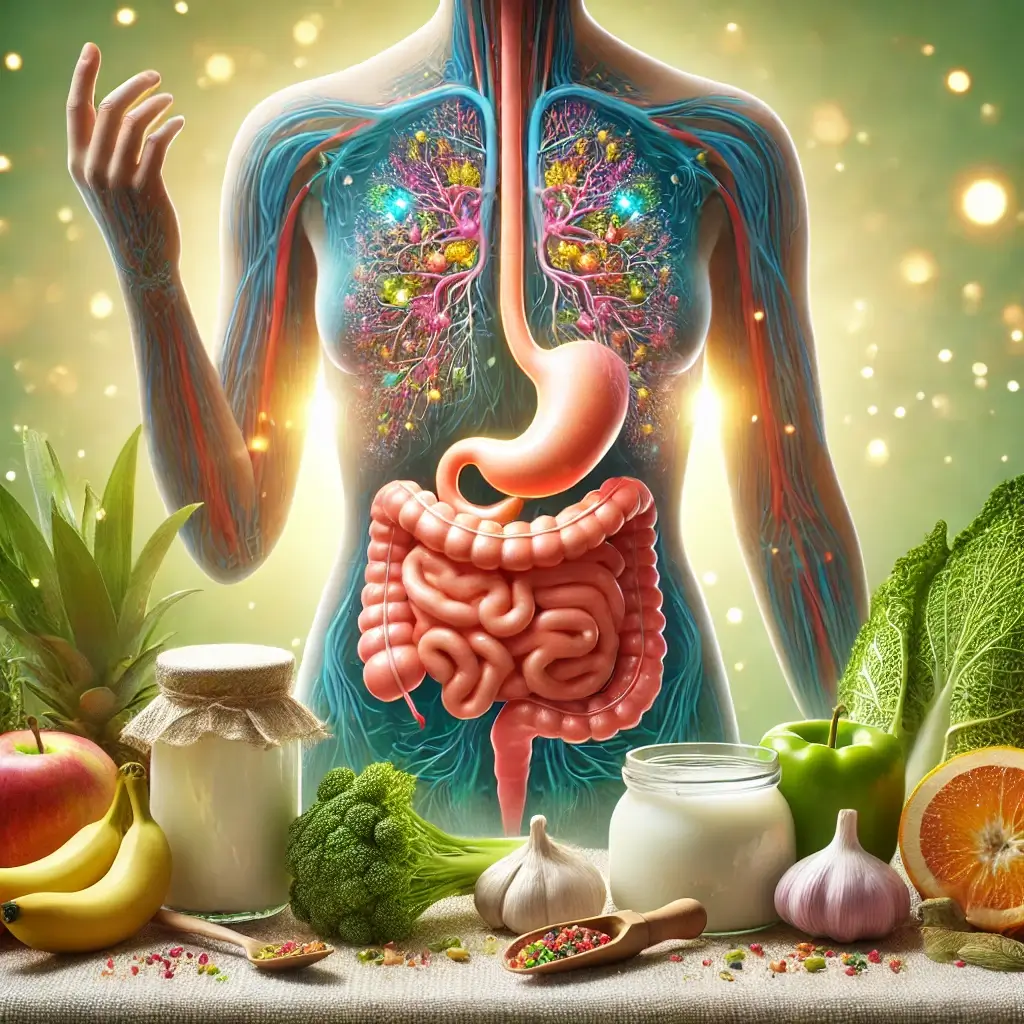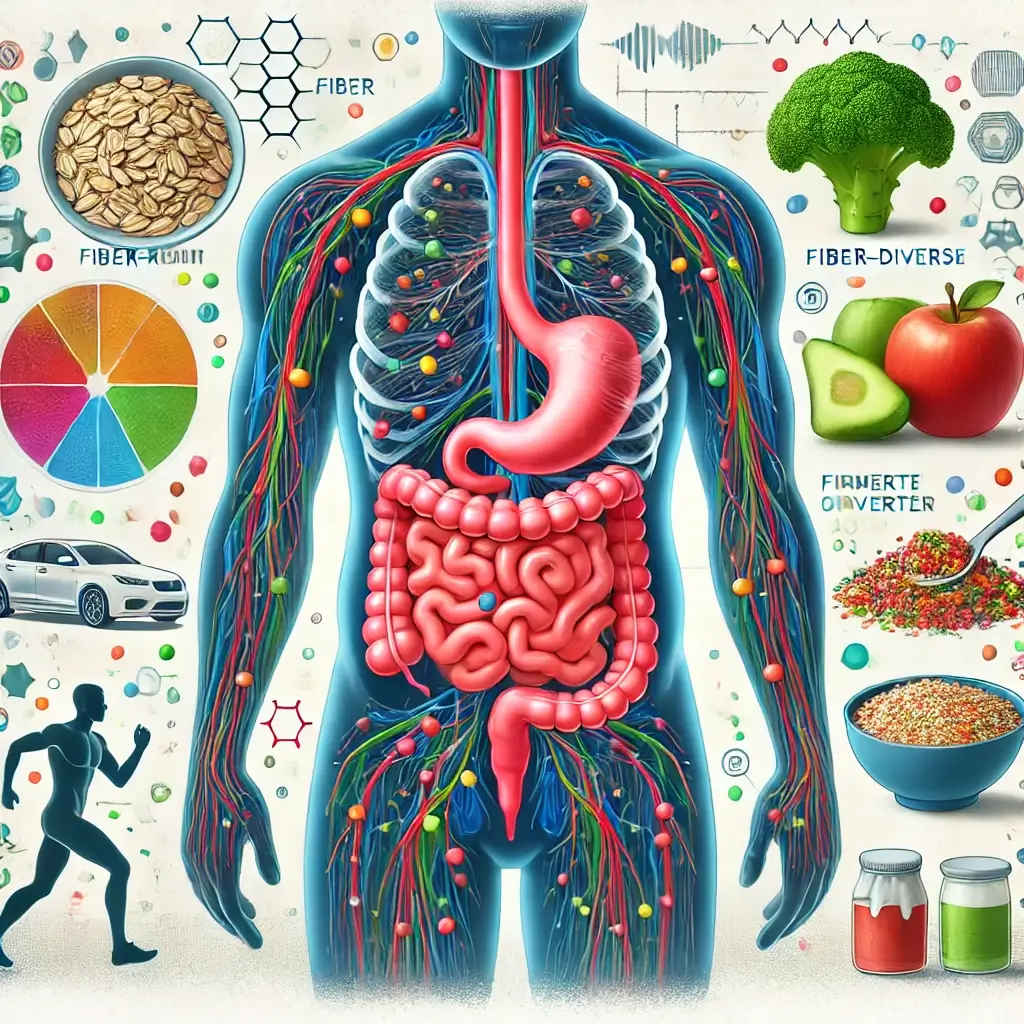Buttermilk is a Probiotic-Rich Beverage for Stomach Troubles
The claim that buttermilk is a probiotic-rich drink for gastrointestinal troubles is somewhat correct. Here’s the breakdown:
Traditional Buttermilk: This is what buttermilk was originally: the liquid left over after churning butter from cream. It may contain probiotics, which are live bacteria that provide health benefits.
These probiotics may improve digestion and intestinal health. However, traditional buttermilk is no longer commonly available commercially.
Cultured buttermilk is the type most commonly sold in stores today. It is created industrially by combining specified strains of bacteria cultures with pasteurized milk.
The bacteria cultures convert lactose (milk sugar) into lactic acid, giving cultured buttermilk its sour flavor and thicker, more viscous consistency.
The bacterial cultures used to make commercially cultured buttermilk are carefully selected to convert lactose in milk to lactic acid quickly.
It’s worth noting that traditional, farm-fresh buttermilk made as a byproduct of butter production would contain naturally occurring probiotic bacteria.
The fermentation process takes many hours, and the resulting buttermilk has a lower pH than regular milk due to the increased acidity from the lactic acid. While the bacterial cultures employed in commercial buttermilk manufacturing are excellent at producing the correct flavor and texture, they may not include probiotic strains. Probiotics are live microorganisms, typically bacteria, that offer health advantages when ingested.
The exact bacterial cultures utilized in buttermilk production are chosen for their functional features rather than their probiotic qualities.
It’s worth noting that traditional, farm-fresh buttermilk made as a byproduct of butter production would contain naturally occurring probiotic bacteria.
However, the industrialized, mass-produced cultured buttermilk in most grocery stores today does not contain probiotics despite preserving buttermilk’s trademark sour flavor and thick mouthfeel.
Because of its acidity, cultured buttermilk may still be suitable for some stomach ailments. Still, its probiotic level is unlikely to be high.
Buttermilk can be part of a balanced diet, but it isn’t a panacea for stomach issues.
Stomach issues and buttermilk:
Buttermilk, both conventional and cultured, may provide comfort for some gastrointestinal issues for the following reasons:
Soothing Acidity: The lactic acid in buttermilk can reduce stomach acid, alleviating heartburn or indigestion.
Lactose Tolerance: Because of the fermentation process, cultured buttermilk has less lactose than ordinary milk. This can benefit persons with mild lactose sensitivity and may experience stomach discomfort from milk.
Here are some essential points to remember:
If you’re seeking a probiotic beverage, kefir or yogurt containing live and active cultures may be a better option.
Buttermilk can be part of a balanced diet, but it isn’t a panacea for stomach issues.
If you have chronic stomach problems, see a doctor for an accurate diagnosis and treatment.













